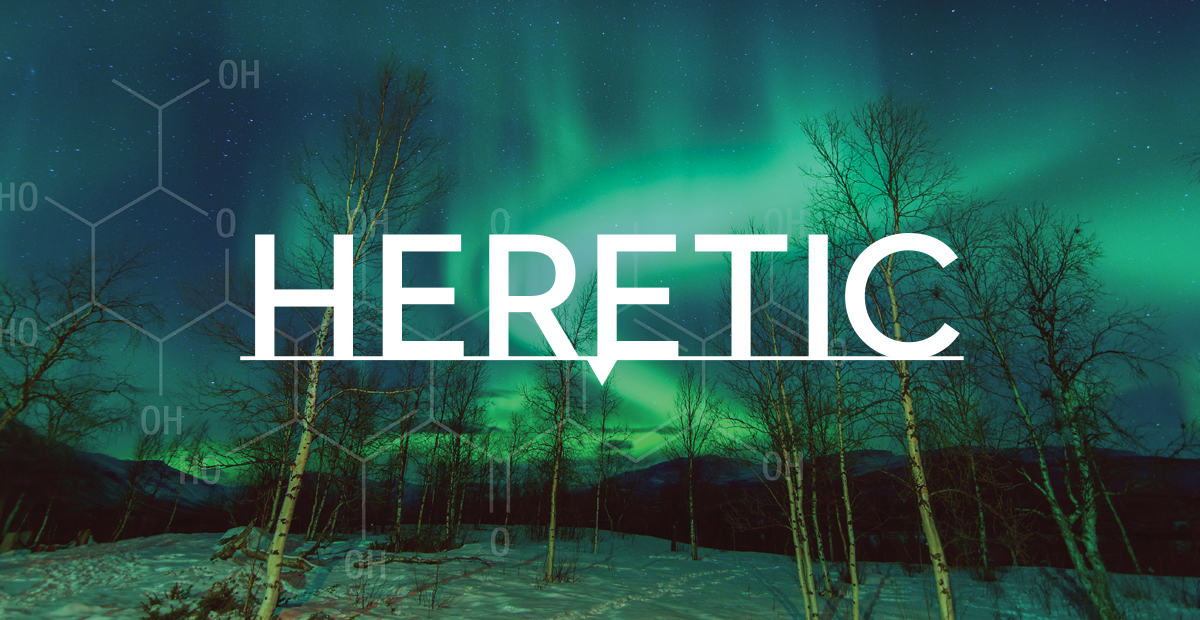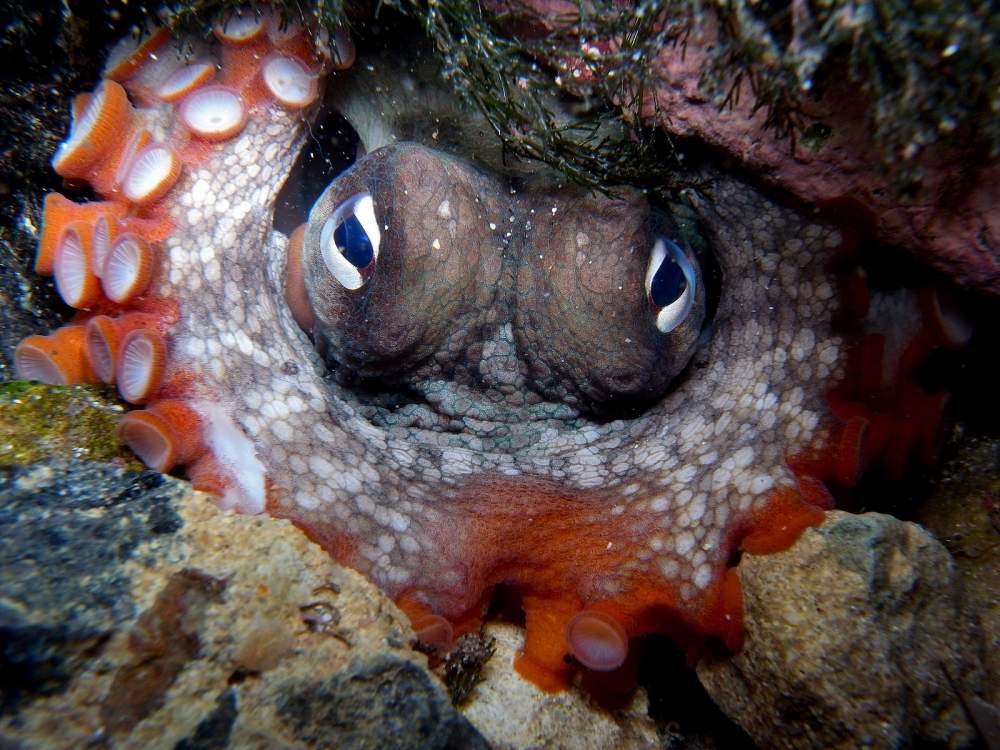
NCSE Pushes Unscientific Pro-Darwin Survey
On this episode of ID the Future, Robert Crowther interviews Sarah Chaffee, Education and Public Policy Program Officer for the Center for Science and Culture, on a recent survey conducted by the dogmatically pro-Darwin National Center for Science Education (NCSE), and published in Nature. The NCSE claims that the survey shows that science teachers “advocate evolution” even more now than in 2007. But as Crowther and Chaffe’s discussion suggests, the survey appears gamed to produce a pro-Darwinist outcome, so much so that even teachers who follow the Discovery Institute’s policy of promoting critical thinking skills by teaching biology students both the strengths and weaknesses of modern evolutionary theory could be counted as evolution advocates by the survey. Then too, as Read More ›






